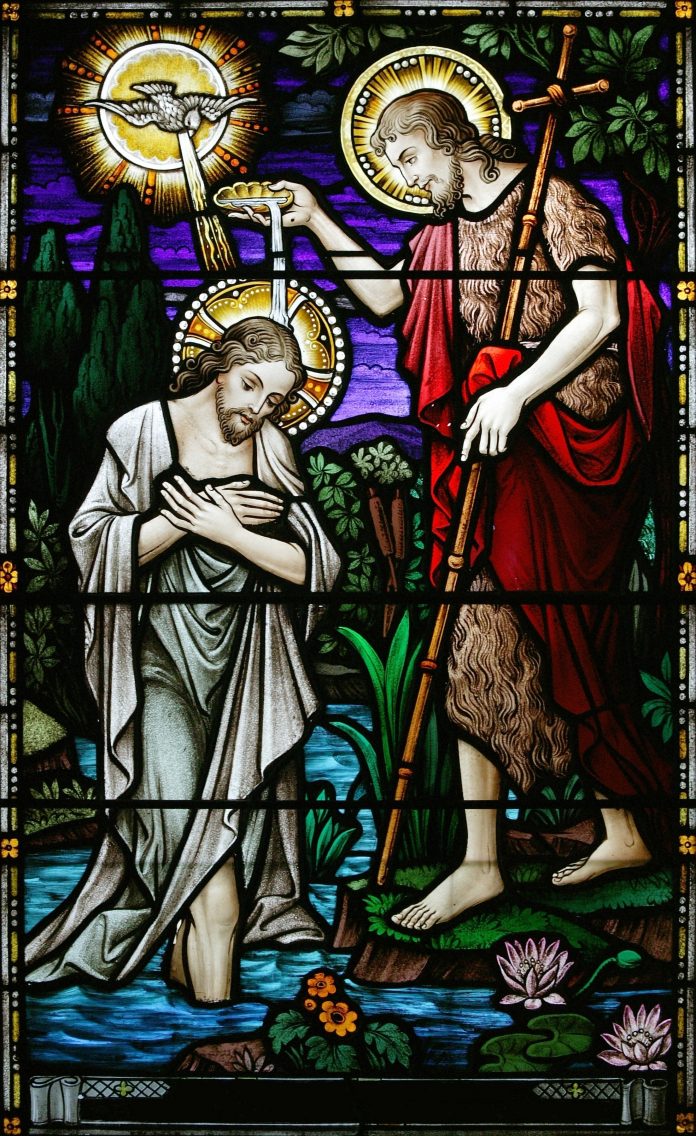
by Alice Pfeifer, CSA
This Complete-A-Project Bible Search activity is for teacher and students (grades 4-6) working together. Use the Bible to answer the questions on the activity sheet [CLICK HERE]. This Bible Search is based on John 20:19-23.
Background
* When John says that fear of the Jews gripped the Apostles after Jesus’ death, the Evangelist is referring to some of the Jewish leaders who had plotted against Jesus. Throughout his Gospel, John uses the phrase “the Jews” to refer to some of the Jewish leaders and not to the Jewish people themselves.
* Whenever the word peace appears in the New Testament, as it does in Jesus’ greeting to his friends in John 20:21, it refers to a gift of God that comes only through Jesus. That gift is full communion with God. When we are totally united with God, we possess a contentment that the world can neither give nor take away. Here is how you can tell if you possess God’s own peace: Even in the face of suffering, joy remains within your heart, and it helps you maintain a calm, loving, and trusting attitude. Such peace and joy belong to Christ even when he suffers and dies on the cross.
* By offering a greeting of peace to his friends, Jesus offers them full communion with God. The forgiveness of their sins is part of that peace. So instead of holding his friends’ fear and cowardice against them, Jesus offers his friends strength, encouragement, and hope.
* In turn, Jesus wants his friends to offer that same strength, encouragement, and hope to all sinners when he gives them the power to forgive sins.
* In today’s Gospel passage, Jesus sends his Apostles forth to forgive sins and preach the Good News just as his Father had sent him. The term apostle actually means “one sent.”
* The theme of being sent appears in many different Resurrection stories in the Gospels. See, for example, Matthew 28:19, Luke 24:46-49, and Mark 16:15.
* Jesus knows that the Apostles cannot go forth and do what he has done without the power of the Holy Spirit alive in them. That is why he confers upon them the Holy Spirit through his words “Receive the holy Spirit” and the gesture of breathing on them (John 20:21-22). The act of breathing is meant to remind the Apostles of the story found in Genesis 2:7, in which God breathes his own life into Adam after creating his human form from the soil of the earth.
* The Council of Trent declared that the same power to forgive sins that Jesus gave the Apostles after his Resurrection is exercised by ordained priests in the Sacrament of Penance and Reconciliation.
Answers: 1. first 2. evening 3. they are locked 4. fear 5. peace be with you 6. they rejoice 7. his hands and side 8. so I send you 9. breathes on them 10. to forgive sins
Guide and activity sheet by Alice Pfeifer, CSA. Art by Ansgar Holmberg, CSJ.
MATERIALS
* Copies of the activity sheet [CLICK HERE], one copy for each student
* Bibles (The Search is based on the New American Bible.)
* Pencils or pens
PROCEDURE
1. Have students read the opening to the story about Alanna. Then ask what they think Alanna should do about her situation. Remind them that feelings by themselves are neither right nor wrong; only what people do with their feelings can be judged.
2. Then ask how Jesus probably felt after all his friends abandoned him the night he was arrested. Ask how his friends probably felt, on the other hand. They probably felt sad about their cowardly behavior and Jesus’ arrest and death. They probably felt fear that they, too, would be arrested.
3. Note that we can learn how much Jesus loves his disciples even though they abandoned him. Then read together John 20:19-23.
4. Have students close their Bibles and work individually or in pairs to answer the ten questions. Then read the correct answers and let students see how many they got right.
5. To deepen the students’ knowledge of the Gospel, read Background to them (or summarize it in your own words).
6. Have a student read the conclusion to Alanna’s story. You might want to have students discuss other ways Alanna could have handled the situation in the hallway. She could have told Carter calmly and privately, “I don’t like that you pushed me down and then laughed at me. Even if it was an accident, I wish you would have apologized and then helped me pick up my things.” In anticipation of the trip, Alanna might say to Carter, “I hope we can work together on the trip to help the people in New Mexico.”
7. Ask students to bow their heads for the closing prayer. Read aloud verses 1 and 3 of Psalm 133. Then ask students to spend a moment calling to mind the names of the people in their lives whom they most need to forgive. Conclude by asking them to join you in praying the Our Father.
Check out Ruwix to learn the solution of the Rubik’s Cube and other twisty puzzles like Pyraminx, Square-1 etc.
Copyright 2012, Bayard, Inc. All rights reserved. This article is protected by United States copyright and other intellectual property laws and may not be reproduced, rewritten, distributed, redisseminated, transmitted, displayed, published or broadcast, directly or indirectly, in any medium without the prior written permission of Bayard, Inc.
This article was written by the Catechist Staff and appeared in Catechist magazine, March 2012.
Image Credit: Shutter Stock 6709591




